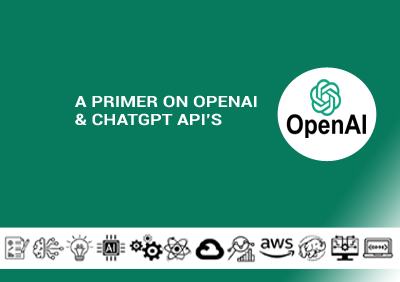Responsible AI: Principles, Practices, and Applications
- Created By nand
- Last Updated February 7th, 2025
- Overview
- Prerequisites
- Audience
- Curriculum
Description:
This training session on Responsible AI will delve into the foundational principles of fairness, accountability, transparency, and privacy in AI systems. Participants will explore the ethical implications of AI technologies and their societal impact through in-depth case studies, identifying best practices and common pitfalls. The session will also equip participants with practical skills to develop, and monitor AI systems, ensuring adherence to ethical guidelines and regulatory standards. Additionally, the importance of diverse and inclusive data in reducing biases and enhancing fairness in AI models will be evaluated.
Duration: Half Day
Course Code: BDT366
Learning Objectives:
After this course, you will be able to:
- Understand the foundational principles of responsible AI, including fairness, accountability, transparency, and privacy.
- Explore the ethical implications of AI technologies and their impact on society.
- Analyze case studies to identify best practices and common pitfalls in AI development and deployment.
- Develop skills in creating and implementing AI systems that adhere to ethical guidelines and regulatory standards.
- Learn techniques for auditing and monitoring AI systems to ensure ongoing compliance with responsible AI principles.
- Evaluate the role of diverse and inclusive data in reducing biases and improving the fairness of AI models.
No previous experience required.
AI and Machine Learning Practitioners, Software Developers, Data Analysts and Researchers and Data Scientists and Engineers.
Course Outline:
1. Introduction to Responsible AI
- What is Responsible AI
- Historical Context
- Core Principles
2. Foundations of AI
- Overview of AI Technologies
- AI Models and Algorithms
- Data in AI
3. Ethical Considerations in AI
- Bias and Fairness
- Transparency and Explainability
- Privacy and Data Protection
- Accountability and Governance
4. Designing Responsible AI Systems
- Ethical AI Design
- Risk Assessment
- Stakeholder Engagement
5. Implementing Fairness and Bias Mitigation
- Bias Detection Techniques
- Bias Mitigation Strategies
- Diverse Data Sets
Training material provided: Yes (Digital format)






